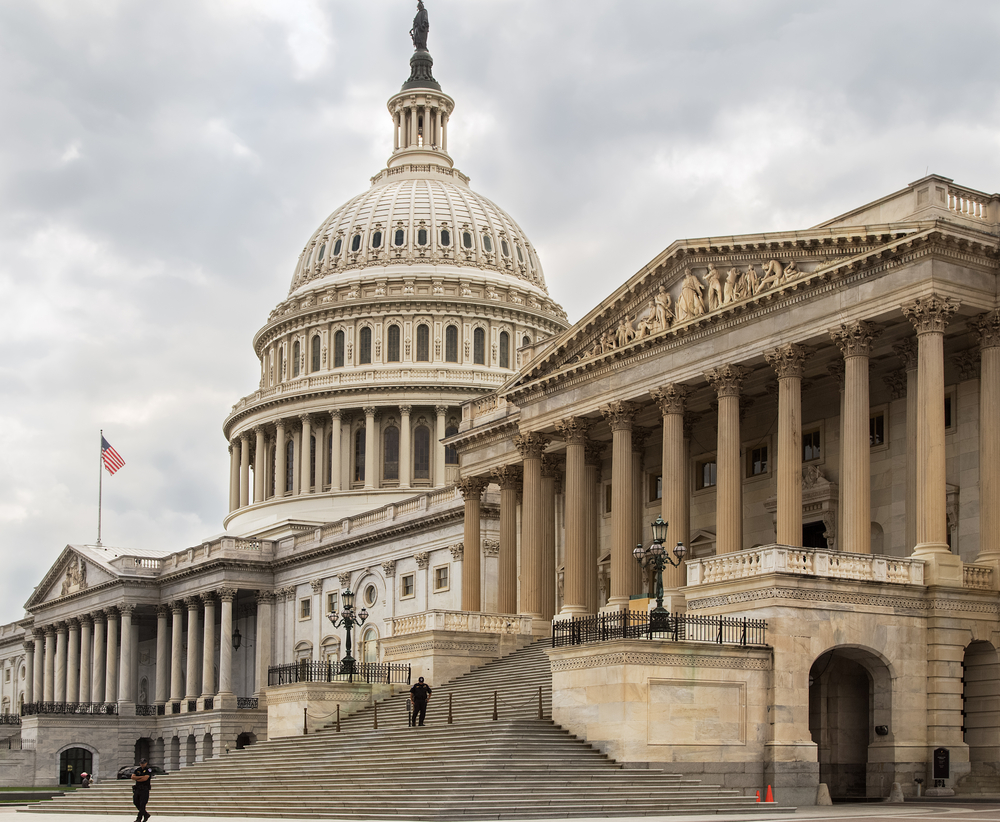Nov. 14, 2022 – The public health landscape has changed dramatically since the Pioneering Antimicrobial Subscriptions to End Upsurging Resistance Act (Pasteur Act) – a bill that would address the significant and growing problem of antibiotic, antifungal and antiviral resistance – was introduced three years ago and every year since, but despite the ongoing need for this legislation, Congress has not taken action. Supporters hope the lame-duck session of Congress will provide the moment to enact it.
The stated purpose of the bipartisan bill is “to establish a program to develop antimicrobial innovations targeting the most challenging pathogens and most threatening infections.”
“The Pasteur Act has not gone anywhere, even though solutions here are vital to the public health,” according to Coalition for Healthcare Communication Executive Director Jon Bigelow. “Congress is otherwise preoccupied, many members do not understand the issue, and likely there is fatigue around spending for yet another public health issue in the wake of the COVID-19 pandemic.”
Bigelow explained that at present, drug companies do not have incentives to invest in antimicrobial research and development, because these drugs are intended to be used for a short time and by a small, targeted population.
The 2022 version of the Pasteur Act would earmark $6 billion (down from $11 billion in the initial version) for the federal government to use to pay drug makers in advance of new treatments, using a subscription model. After years of inaction, the bill’s sponsors are hoping to attach it to “must-pass” legislation, such as the National Defense Authorization Act, federal budget appropriations or Continuing Resolution, or an omnibus spending bill that might address the federal debt limit.
Those who back the bill are concerned about where the lack of action will leave patients as new superbugs emerge, and infectious disease experts assert that doing nothing is irresponsible.
But opponents of the bill claim it would result in throwing money at the problem without ensuring big gains in protecting patients. One criticism of the bill is that it should include tougher requirements on the design of clinical trials, such as provisions that ensure the patients most at risk – often the elderly — are included.
If the bill is not passed in 2022, it is likely to be reintroduced next year. But the bipartisan group supporting the bill sees the lame duck session as an opportunity.
Sen. Todd Young (R-Ind.), one of the Pasteur Act’s sponsors, remarked that “we’re playing with fire if we don’t pass this fairly soon,” according to Politico. “Every day that passes, we see more deaths on account of antimicrobial resistance, and this situation grows more challenging and more costly,” he said.




